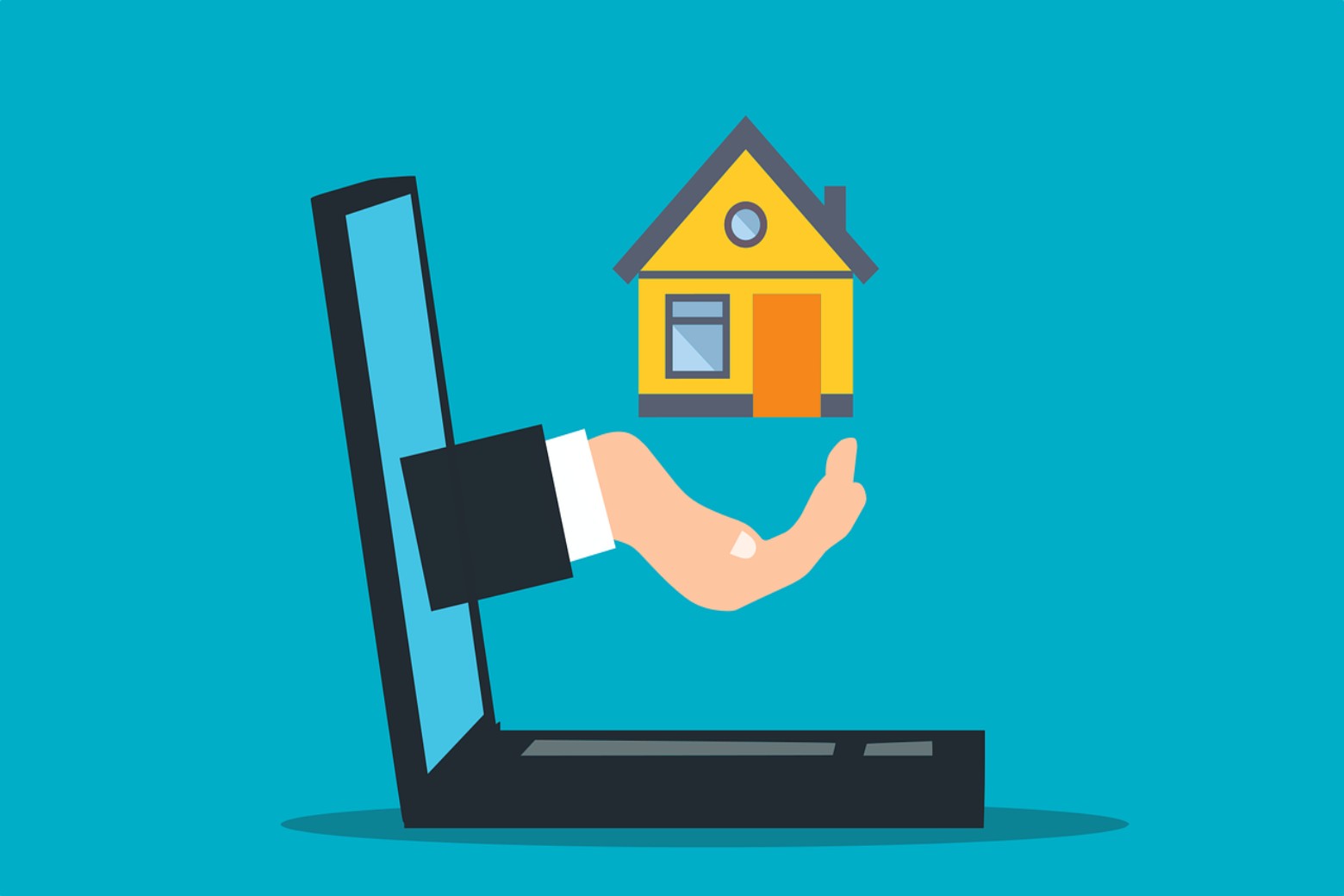In the real estate sector, the Internet of Things (IoT) has emerged as a game-changer, revolutionizing how we live, work, and interact with our homes and buildings. IoT technology transforms residential and commercial real estate by connecting gadgets, sensors, and systems to create more innovative, more effective, and safe settings. In this article, we will examine how the Internet of Things (IoT) is changing the real estate industry and its advantages in terms of security and efficiency, from smart business buildings to connected residences.
The Power of IoT in Real Estate
IoT technology enables the interconnection of various devices, appliances, and systems, allowing them to communicate and share data seamlessly in real estate. IoT can enhance efficiency, optimize resource usage, and strengthen security measures, ultimately improving the living and working experience for residents and tenants.
Enhancing Efficiency in Homes and Buildings
IoT revolutionizes homes and buildings, offering unprecedented control, automation, and optimization. Let’s explore how IoT is transforming efficiency:
Energy management: Homeowners and building managers may monitor and manage energy consumption in real time with the help of IoT-enabled intelligent meters, sensors, and appliances. This data-driven strategy promotes sustainable behaviors and environmental stewardship by identifying energy waste, optimizing usage patterns, and lowering utility bills.
Automated Systems: The Internet of Things (IoT) enables the automation of many systems in houses and other structures. These IoT-powered solutions range from smart thermostats that control the climate based on occupancy and weather to automatic lighting systems that react to natural light levels, removing the need for human adjustments, saving energy, and improving comfort.
Predictive Maintenance: Through analyzing data from connected devices and sensors, IoT systems can detect potential issues in advance and trigger maintenance alerts. This proactive approach helps prevent costly breakdowns, extend the lifespan of equipment, and ensure optimal performance, reducing downtime and maintenance expenses.
Waste Management: IoT technology enables intelligent waste management systems that optimize collection schedules based on fill levels and route efficiency. IoT helps streamline waste management operations and promotes sustainability by minimizing unnecessary pickups and reducing overflowing bins.
Strengthening Security and Safety Measures
IoT is crucial in enhancing security and safety measures for residential and commercial properties. Here are some ways IoT is transforming security:
- Smart Home Security: IoT-powered security systems integrate video surveillance, motion sensors, door/window sensors, and smart locks, providing homeowners with remote monitoring and control capabilities. Real-time alerts, live video feeds, and mobile access enhance security, deter potential threats, and provide peace of mind.
- Access Control: Keyless entry, biometric authentication, and mobile-based access solutions are IoT-based access control systems that increase security for residential and commercial premises. These systems allow convenient and secure entry, block unwanted access, and offer audit trails for monitoring.
- Fire and Life Safety: Sensors, alarms, and real-time data processing are used by IoT-enabled fire detection systems to identify smoke, heat, or other dangerous circumstances. These systems can automatically activate sprinkler systems, send out alarms, and contact emergency services, reducing property damage and saving lives.
- Emergency Response: IoT technology can streamline emergency response processes. Connected systems can trigger automatic alerts to emergency services, provide real-time information to first responders, and guide occupants to designated evacuation routes during critical situations.
The Future of IoT in Real Estate
The potential of IoT in real estate is vast, and its evolution shows no signs of slowing down. Here are some future trends to watch out for:
- Integration with Smart Cities: IoT-powered real estate can play a vital role in creating smart cities. Connected homes and buildings will interact with city-wide systems, such as transportation, energy grids, and waste management, to optimize resource usage, reduce environmental impact, and enhance the quality of life.
- Personalized Experiences: As IoT develops, real estate experiences will become increasingly tailored to the individual. Individual preferences will be considered as smart houses automatically modify lighting, temperature, and other settings. Like residential spaces, business spaces provide users with specialized experiences, such as unique lighting and office arrangements.
- Applications for Health and Wellness: IoT can improve Health and Wellness in Commercial Spaces. Sensors can monitor occupancy, humidity, and air quality to maintain ideal indoor settings. IoT devices can enable the integration of wellness-focused technologies like fitness trackers, smart appliances, and remote healthcare monitoring.
The real estate sector is changing due to the Internet of Things, which connects homes and buildings to create practical, secure, intelligent settings. IoT technology improves energy management, streamlines business processes, and encourages environmentally friendly behavior. Offering cutting-edge monitoring, access control, and emergency response capabilities improves security measures. We can anticipate many more cutting-edge uses as IoT develops, changing how we work, live, and interact with real estate, ushering in a more connected and intelligent future for everybody.
Also Read: Datacenter – IT Security For Business-Critical Information
